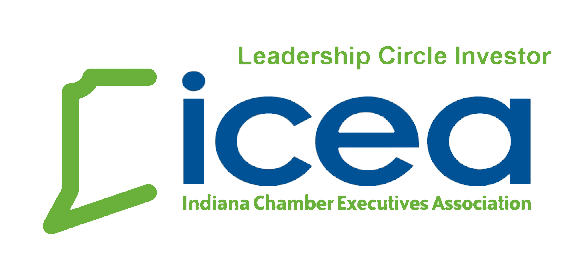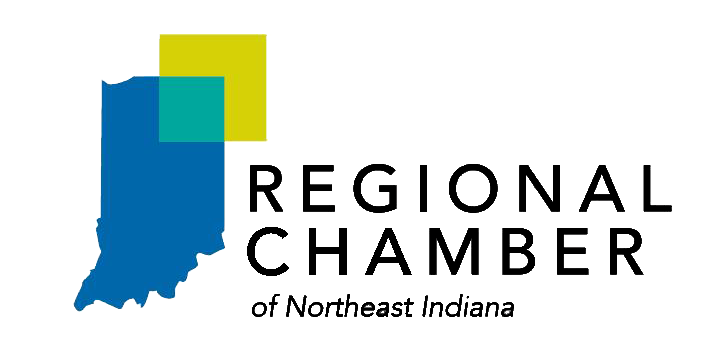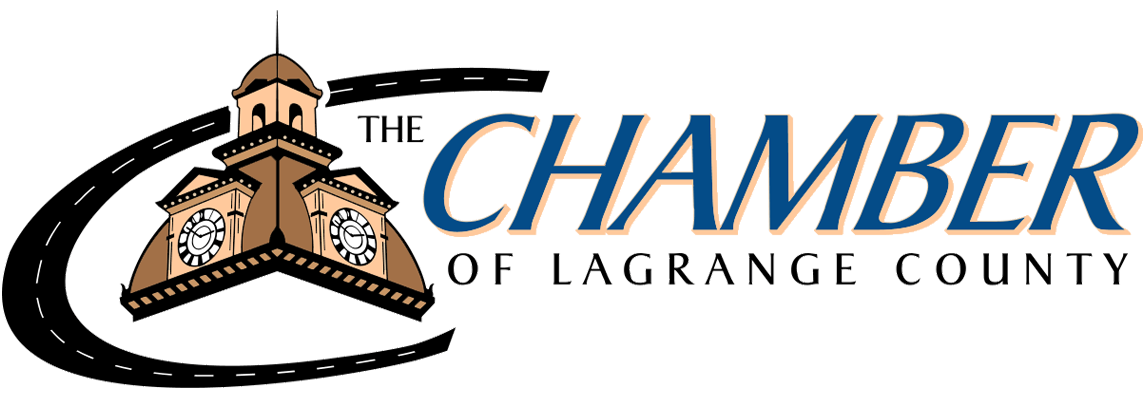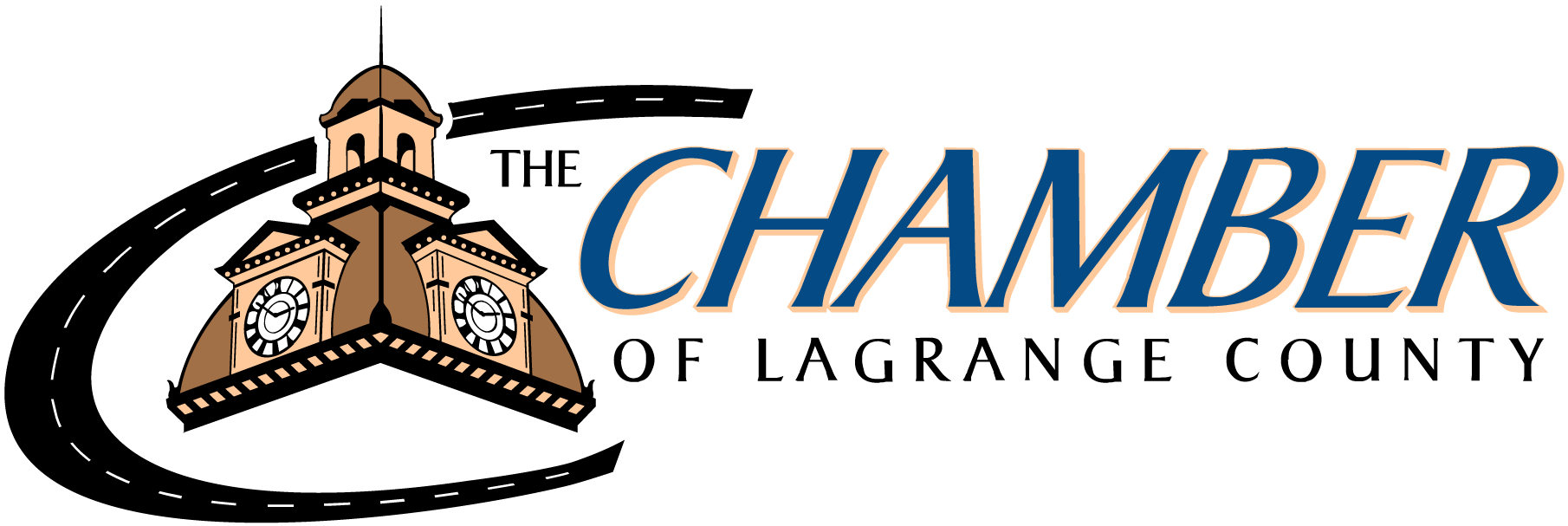Legislative Update - 2/21/25
Budget Bill Advances With Heightened Concern Over Federal Funding
HB 1001 / Chamber Supports in Part
This week, the Indiana House of Representatives advanced House Bill 1001, the state’s two-year budget plan, on a 66-28 party-line vote, sending it to the Senate for further consideration. The $54 billion spending package, crafted by House Republicans, includes modest increases for K-12 education, expanded school vouchers and workforce development initiatives.
Key Provisions in HB 1001
Economic Development: House Republicans added back funding for the Direct Flights program, which has been a funding priority of the Indiana Chamber. Governor Mike Braun’s introduced version of the budget eliminated funding for the program. Other funding that was restored or increased includes the Manufacturing Readiness Grant program ($20 million per year), the 21st Century Research and Technology Fund ($32.75 million per year) and funding for business promotion and innovation ($17 million per year).
Workforce Development: The budget establishes the Hoosier Workforce Upskill Program, allocating $15 million in grants to help businesses offset employee training costs.
Public Health and Medicaid: Funding for secured school safety grants increases, but public health funding is cut from $150 million annually to $100 million. Republican members of the Ways and Means Committee defeated an amendment from Rep. Ed DeLaney (D-Indianapolis) that would increase the cigarette tax by $2 per pack, which is a key Chamber priority. The importance of this measure is articulated in Vanessa Green Sinders' preceding commentary, and we remain hopeful that Senate Republicans will consider a cigarette tax increase in the second half of the legislative session.
Republicans defended the budget’s “constrained” approach, citing potential federal spending cuts under the Trump administration that could impact Medicaid, education and other programs. House Speaker Todd Huston stated that legislators "are paying attention and watching” for changes in federal funding that may impact state finances.
As the budget moves to the Senate, the Chamber will continue to advocate for workforce investments, infrastructure funding and policies that strengthen Indiana’s business climate.
Clarifying Employer Enforcement Legislation
HB 1531 / Chamber Neutral
Next week, we will provide a more extensive update on where Chamber priority legislation stands at the midsession break. This week, we feel it might be helpful to provide a bit more color on a specific bill that has received a bit of attention this week, with one news outlet citing it as “discriminatory.”
House Bill 1531 regarding immigration, authored by Rep. J.D. Prescott (R-Union City), was voted out of committee on Monday and passed the full House with a 64-26 vote after a brief discussion. The Chamber testified as “neutral” to the bill in committee, but our position could change to “support” with further improvements – assuming the Senate continues moving it in the second half.
Essentially, there are three parts to the bill: 1) clarifying that federal, state or local law enforcement can enforce federal immigration laws, 2) providing direction to government bodies with custody of individuals subject to an immigration detainer request and 3) empowering the Office of the Attorney General (OAG) to investigate and prosecute employers who recruit, hire or employ "unauthorized aliens," defined as an individual who is neither a permanent resident nor legally authorized to be employed due to his or her immigration status.
That third part is what’s garnering much attention. One might wonder why – or how – the Chamber could potentially support legislation that enacts “new” regulatory enforcement measures on employers?
The simple answer is that the Chamber advocates strongly for fair competition in the marketplace. There are, without question, employers who circumvent or ignore laws against employing unauthorized aliens. These bad actors simultaneously pay less for labor, which gives them an unfair advantage against those who comply with the law.
The Chamber worked closely with Representative Prescott and the OAG dating back to last fall to ensure the bill contains two critical protections for employers: a safe harbor and a right-to-cure.
The safe harbor provision protects an employer from enforcement if it uses either E-verify or guidance from the OAG when hiring. In other words, if the OAG initiates an investigation and the employer can prove that it used either method during its hiring process, then it is exempt from prosecution.
The right-to-cure provision gives an employer who employed an unauthorized alien, intentionally or otherwise, 15 days after receiving an investigation notice from the OAG to cure the problem. That means the employer must submit to the Attorney General a signed affidavit attesting that the employer has terminated the employment of any and all unauthorized aliens, engaged in reasonable diligence to confirm the work eligibility of all of its employees and will not knowingly employ any unauthorized aliens in the future.
Additional provisions championed by the Chamber include the following: limiting enforcement to employers of 10 or more employees, protecting employers who do not knowingly or intentionally engage in the unlawful behavior and removing from the introduced version of the bill a three-year look back, which would have allowed the OAG to prosecute employers for its practices dating back to 2022.
In conclusion, the bill is close to one the Chamber can publicly support because any employer who is successfully prosecuted under this law is not playing fair. Indiana should be as welcoming as possible to legal immigrants and our employers should embrace their talents with open arms. However, Indiana cannot be a state that turns a blind eye to unfair competition and labor trafficking through illegal employment practices.
Education, Workforce Bills Advance to Second Half
HB 1499 and SB 448 / Chamber Supports
The House and Senate finished up work this week at the second and third reading deadlines for legislation to pass.
The Senate voted in favor of Chamber-backed Senate Bill 448, authored by Sen. Greg Goode (R-Terre Haute), to drive development of market-driven, stackable credentials and qualifications in training programs and a new effort to align post-secondary training and education. The House passed House Bill 1499, authored by Rep. Robert Behning (R-Indianapolis), which includes a host of important literacy provisions and changes in the EARN program supported by the Chamber.
As bills that passed the house of origin begin to be taken up in early March, key K-12 and workforce topics include school funding levels, teacher compensation, deregulation, A-F accountability, school choice, diversity, equity and inclusion in higher education, STEM teacher recruitment, math education, school counselors, data collection and analysis on training programs, career coaching, property taxes for charter schools and much more.
Useful Links:
Join the Newsletter
Thank you for joining our weekly Chamber e-blast. You will now be able to stay up-to-date on all things happen around the Chamber.
Please try again later
Contact Info:
(260) 463-2443
info@lagrangechamber.org
513 W. Central Avenue, LaGrange, IN 46761
We're Proud Members of:




© 2025 LaGrange County Chamber of Commerce. All Rights Reserved. Powered By Chamber Nation. | Member Services by Pippily.Ai

